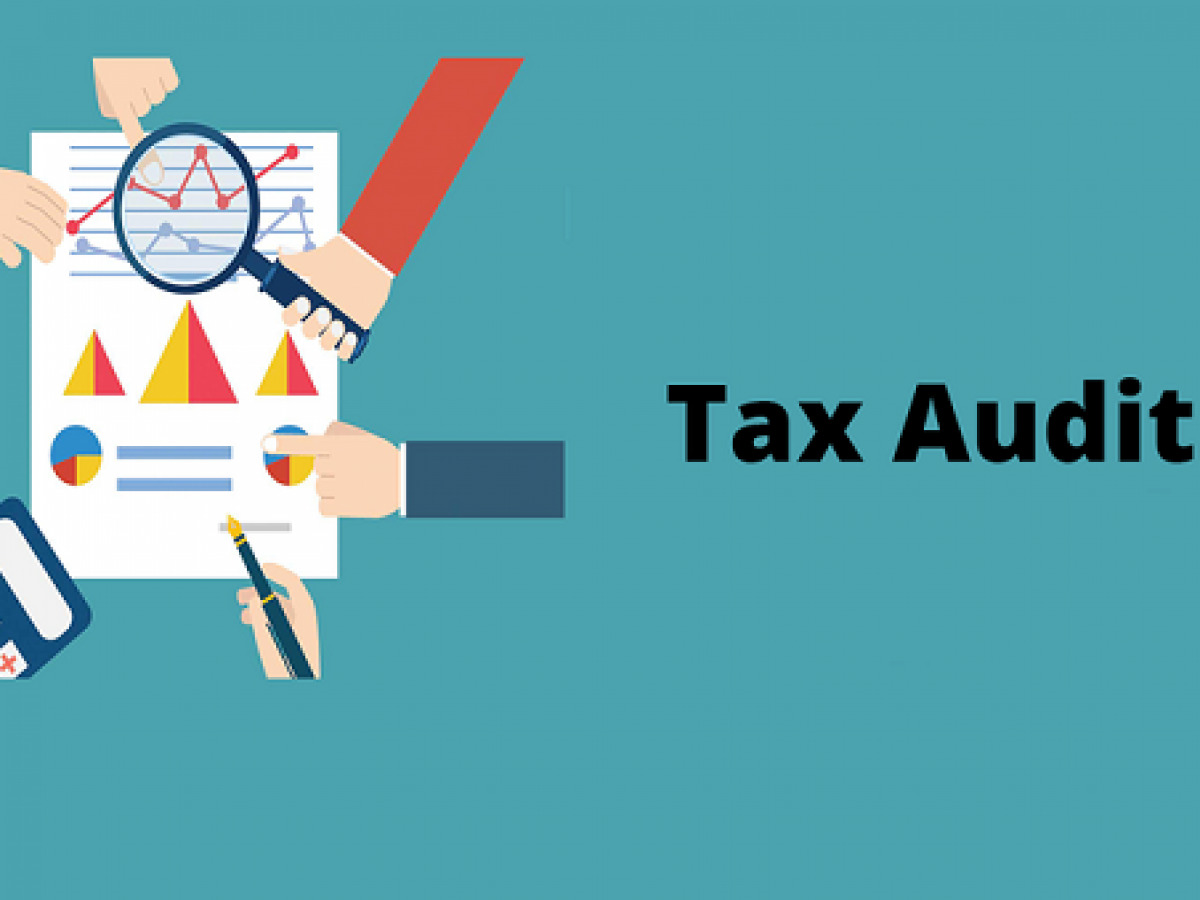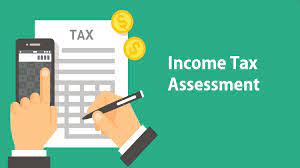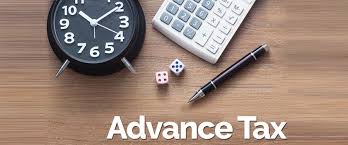Tax Audit Report
Section 44AB requires the tax auditor to submit the audit report in the prescribed form and setting forth the prescribed particulars. Sub-rule (1) of Rule 6G provides that the report of audit of the accounts of a person required to be furnished under section 44AB shall:
(a) in the case of a person who carries on business or profession and who is required by or under any other law to get his accounts audited, be in Form No. 3CA;
(b) in the case of a person who carries on business or profession, but not being a person referred to in clause (a), be in Form No. 3CB.
Sub-rule (2) of Rule 6G further provides that the particulars which are required to be furnished under section 44AB shall be in Form No. 3CD.
The audit report in Form No. 3CB is in two parts.
The first part requires the tax auditor to give his opinion as to whether or notvthe accounts audited by him give a true and fair view:
(i) in the case of the balance sheet, of the state of affairs as at the last datevof the accounting year.
(ii) in the case of the profit and loss account/income and expenditure, of the profit or loss/surplus or deficit of the assessee for the relevant accounting year.
The second part of the report states that the statement of particulars required to be furnished under section 44AB is annexed to the audit report in Form No. 3CD. The tax auditor is required to give his opinion whether the prescribed particulars furnished by the assessee are true and correct, subject to observations and qualifications, if any.
ALSO READ: FAQs on Tax Audit under section 44AB of the Income Tax Act, 1961
True and fair view on financial statements
In paragraph 3 of Form No. 3CB, the auditor has to report that the financial statements audited by him give a `true and fair’ view. With regard to the term “true and fair view”, the auditor is advised to consider the Framework for Preparation and Presentation of Financial Statements as also paragraph 12, 13, 14 and 27 of SA 700 (Revised), Forming an opinion and reporting on Financial Statements. Attention of the tax auditors is drawn to Para 5 of SA 200, “Overall Objectives of the Independent Auditor and the Conduct of An Audit in Accordance with Standards on Auditing” reproduced below:
- “5. As the basis for the auditor’s opinion, SAs require the auditor to obtain reasonable assurance about whether the financial statements as a whole are free from material misstatement, whether due to fraud or error. Reasonable assurance is a high level of assurance. It is obtained when the auditor has obtained sufficient appropriate audit evidence to reduce audit risk (i.e., the risk that the auditor expresses an inappropriate opinion when the financial statements are materially misstated) to an acceptably low level. However, reasonable assurance is not an absolute level of assurance, because there are inherent limitations of an audit which result in most of the audit evidence on which the auditor draws conclusions and bases the auditor’s opinion being persuasive rather than conclusive.”
True and Correct view on particulars in Form 3CD
The requirement in paragraph 3 of Form No. 3CA and paragraph 5 of Form No. 3CB relating to particulars in Form No. 3CD is that the auditor should report that these particulars in Form No. 3CD are “true and correct”. The terminology “true and fair” is widely understood though not defined even under
the Companies Act, 2013. On the other hand, the words “true and correct” lay emphasis on factual accuracy of the information. In this context, reference is invited to AS-1 relating to Disclosure of Accounting Policies.
These standards recognise that the major considerations governing the selection and application of accounting policies are (i) prudence, (ii) substance over form and (iii) materiality. Therefore, while giving particulars in Form No. 3CD, these aspects should be kept in view. In particular, considering the nature of particulars to be given in Form No. 3CD, the aspect of materiality should be considered. In other words, particulars should be given in respect of material items and the auditors should assess factual correctness relating to these particulars. Attention of the tax auditors, in this context is, however, also drawn to Para 51 of “Framework for Assurance Engagements” reproduced below:
- “51. “Reasonable assurance” is less than absolute assurance.
Reducing assurance engagement risk to zero is very rarely attainable or cost beneficial as a result of factors such as the following:
➢ The use of selective testing.
➢ The inherent limitations of internal control.
➢ The fact that much of the evidence available to the practitioner is persuasive rather than conclusive.
➢ The use of judgment in gathering and evaluating evidence and forming conclusions based on that evidence.
➢ In some cases, the characteristics of the subject matter when evaluated or measured against the identified criteria.”
True and fair view on accounts not required to be given by tax auditor if accounts audited under other law
In the case of a person whose accounts of the business or profession have been audited under any other law, it is not required for the tax auditor appointed under section 44AB to give his opinion, as to whether or not the accounts give a true and fair view as indicated herein above. It would only be necessary for him to annex a copy of the audited accounts as well as a copy of the audit report given by the statutory auditor with his report in Form No.3CA along with Form No. 3CD
Report of a person engaged in business as well as profession and not required to get audit under other laws
In the case of a person who carries on business and also renders professional services but who is not required by or under any other law to get his accounts audited, report should be given in Form No. 3CB. The statement of particulars should be given in Form No. 3CD.
Proper books if audit not required under other laws
In the case of a person who carries on business or profession but who is not required by or under any other law to get his accounts audited, the expression “proper books of account” should mean, the books of original entry and other books of account required to be maintained to record all the transactions of the assessee in the same manner, as in the case of a person whose accounts of the business or profession have been audited under any other law.
Accounts audited for first time
In case, the accounts of a person who carries on business or profession are being audited for the first time, the tax auditor should ensure compliance with SA 510 (Revised), Initial Audit Engagements-Opening Balance.
ALSO READ: Who are required to file income tax returns compulsorily
Revision in tax audit report / report of reopened accounts
In certain cases, members are called upon to report on the accounts reopened and revised by the board of directors. The accounts of a company once adopted at its annual general meeting should not normally be re-opened and revised. The Institute and the Ministry of Corporate Affairs have affirmed this position. In case of revision, the audit report should be given in the manner as required by the Institute in SA-560 (Revised), Subsequent Events. The Ministry of Corporate Affairs had also clarified that accounts can be revised to comply with technical requirements. It may be pointed out that report under section 44AB should not normally be revised.
However, sometimes a member may be required to revise his tax audit report on grounds such as:
(i) revision of accounts of a company after its adoption in annual general meeting.
(ii) change of law e.g. retrospective amendment.
(iii) change in interpretation, e.g. CBDT Circular, judgements, etc.
In case where a member is called upon to report on the revised accounts, then he must mention in the revised report that the said report is a revised report and a reference should be made to the earlier report also. In the revised report, reasons for revising the report should also be mentioned.
Under Sub-rule (3) in Rule 6G, the auditor is expressly allowed to revise the Audit Report in Form 3CA/ 3CB/ 3CD in certain circumstances. Sub-Rule (3) reads as under:
- (3) The report of audit furnished under this rule may be revised by the person by getting revised report of audit from an accountant, duly signed and verified by such accountant, and furnish it before the end of the relevant assessment year for which the report pertains, if there is payment by such person after furnishing of report under sub-rule (1) and (2) which necessitates recalculation of disallowance under section 40 or section 43B.
Thus, a scenario may arise that after issuing the audit report, but before the due date for filing the return u/s 139(1), the assessee may make payment of tax deducted at source or of tax, duty, cess, fee or other payments referred to in Section 43B deduction of which is allowed only on actual payment basis.
However, it is not mandatory to revise tax audit report in the circumstances mentioned in Rule 6G(3).
Accounting Year different from Financial Year
In the case of companies having their accounting year which is different from the financial year, accounts of the financial year are required to be prepared and audited. The audit report shall be in Form No. 3CB. The above position has also been clarified by the CBDT in its Circular No. 561 dated 22.5.1990.
****
Don’t miss the next Accounting/ Co. Law/ Tax Update / Article / Judicial pronouncement
Subscribe to our newsletter for FREE to stay updated
TW Editorial Team comprises of team of experienced Chartered Accountants and Advocates devoted to spread the knowledge of GST amongst the various stakeholders.




